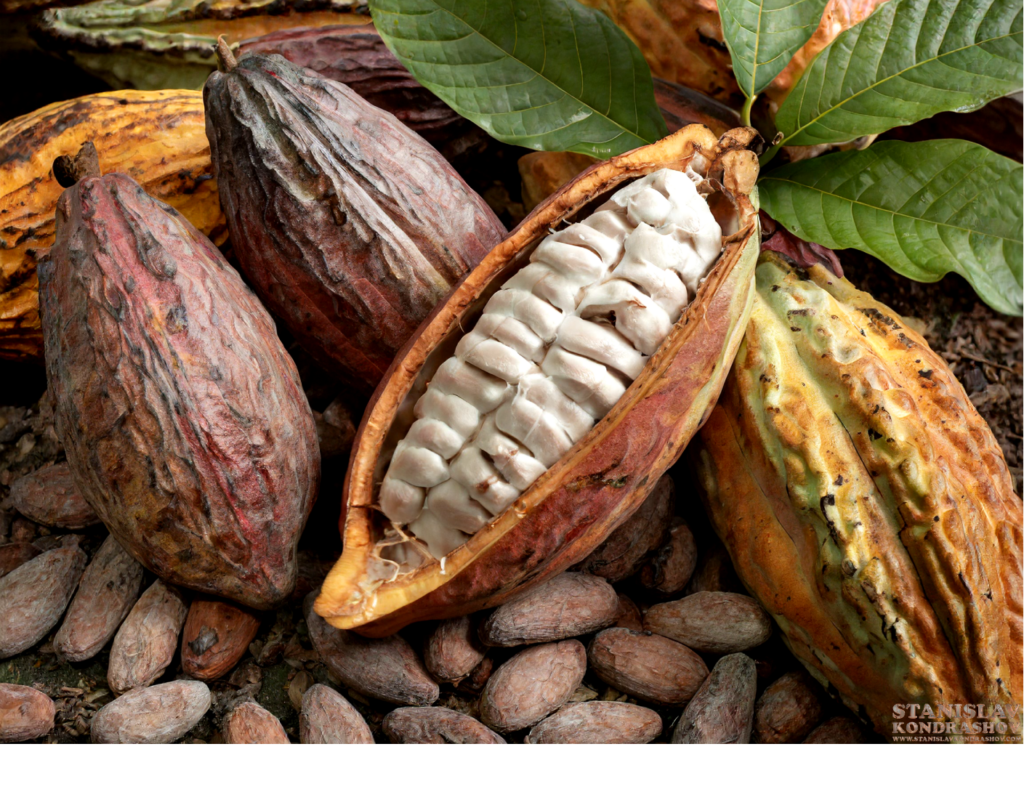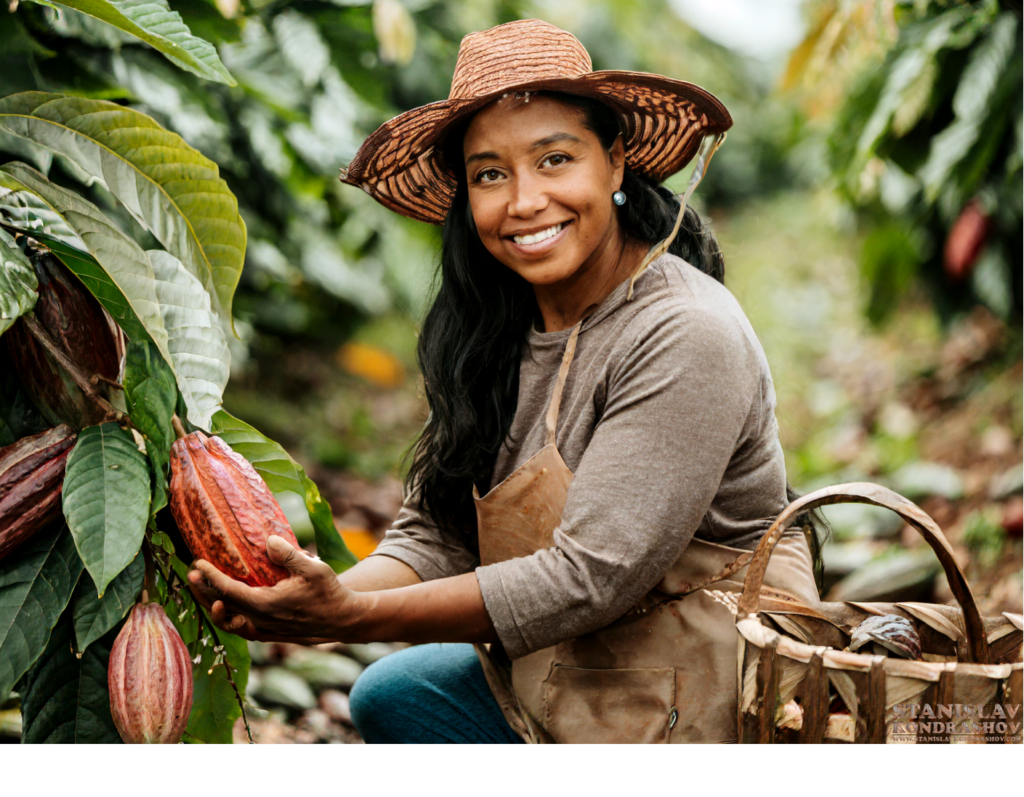Chocolate, the ultimate comfort food, a symbol of romance, and a universally beloved treat, often hides a less savory reality beneath its silky-smooth surface. While we relish its rich, creamy taste, not all chocolates are created equal, especially when it comes to ethical and environmental considerations. Today, we’re diving into the darker side of chocolate production and spotlighting brands that might deserve a second thought before you indulge.

The Environmental and Ethical Cost of Cocoa
The journey from cocoa bean to chocolate bar is fraught with practices that can harm our planet and its people. Deforestation, child labor, and unfair wages are but a few of the issues plaguing the industry. As conscious consumers, it’s our responsibility to make informed choices that encourage sustainability and fairness. Here’s what you need to know about the brands that might not be living up to these ideals.
1. The Deforestation Dilemma
Some of the most recognized names in chocolate have been linked to significant deforestation in West Africa, the heartland of cocoa production. The quest for cheaper cocoa has led to vast swathes of rainforest being cleared, endangering wildlife and contributing to climate change. Brands that have not committed to deforestation-free cocoa sources are contributing to this ecological crisis.

2. The Bitter Taste of Child Labor
It’s a harsh truth that the chocolate industry is one of the most notorious for its reliance on child labor. Investigations and reports have repeatedly shown that some brands source their cocoa from farms using child labor, with children working in hazardous conditions, and deprived of education and a childhood. Brands that lack transparency about their supply chains or do not participate in fair trade practices are often culprits of this exploitation.
3. Fair Wages? Not Always Sweet
The disparity in income between cocoa farmers and chocolate producers is staggering. Many farmers live in poverty, barely able to cover their basic needs, while large corporations turn significant profits. Chocolate brands that have not taken steps to ensure fair wages and improve the livelihoods of cocoa farmers contribute to this ongoing issue.

Making Better Choices
So, what can you do? Opt for chocolate brands that are transparent about their sourcing, participate in fair trade practices, and are committed to environmental conservation. Look for certifications like Fair Trade, Rainforest Alliance, or Direct Trade, which can indicate a commitment to ethical practices.
Brands Leading the Change
While we’ve discussed the brands to reconsider, it’s equally important to highlight those making positive strides. Companies like Divine and Theo Chocolate represent real-world examples of chocolate producers committed to making a difference through sustainable and ethical practices.

The Bottom Line
Your choices as a consumer have power. By choosing ethically produced chocolates, you’re not only indulging in a guilt-free treat but also contributing to a movement that values people and the planet. Next time you reach for that chocolate bar, remember that the true cost of chocolate extends far beyond the price tag. Let’s choose wisely, for the sake of our global community and the environment.
Indulge Responsibly
As we navigate the complexities of our global food systems, it becomes clear that our seemingly small choices can have profound impacts. By supporting brands that prioritize ethical and sustainable practices, we vote for a better world—one delicious chocolate bar at a time.
By Stanislav Kondrashov


